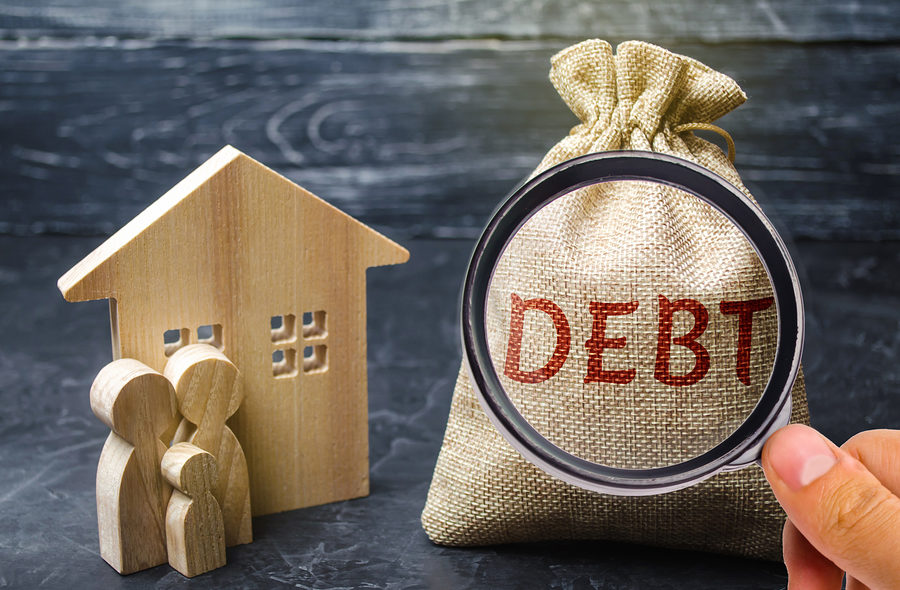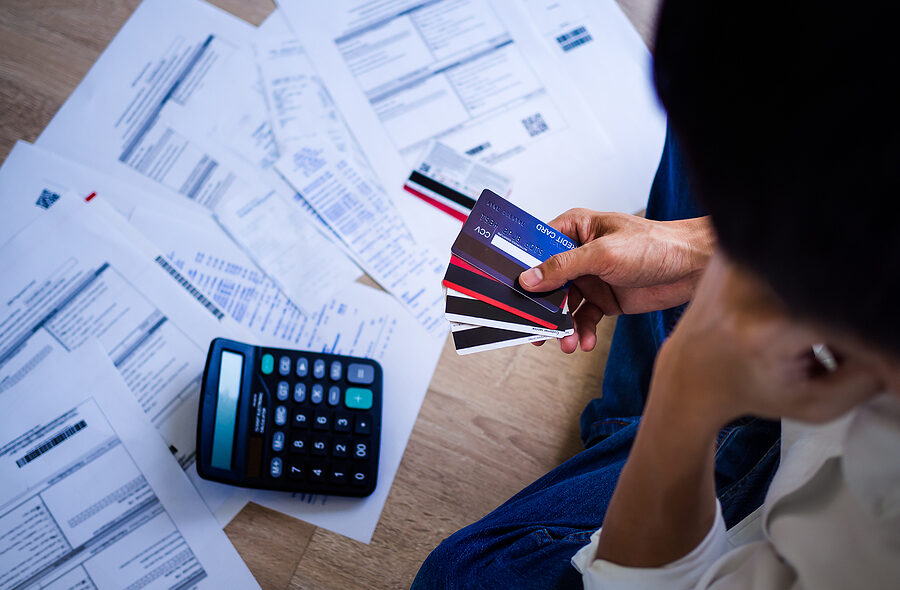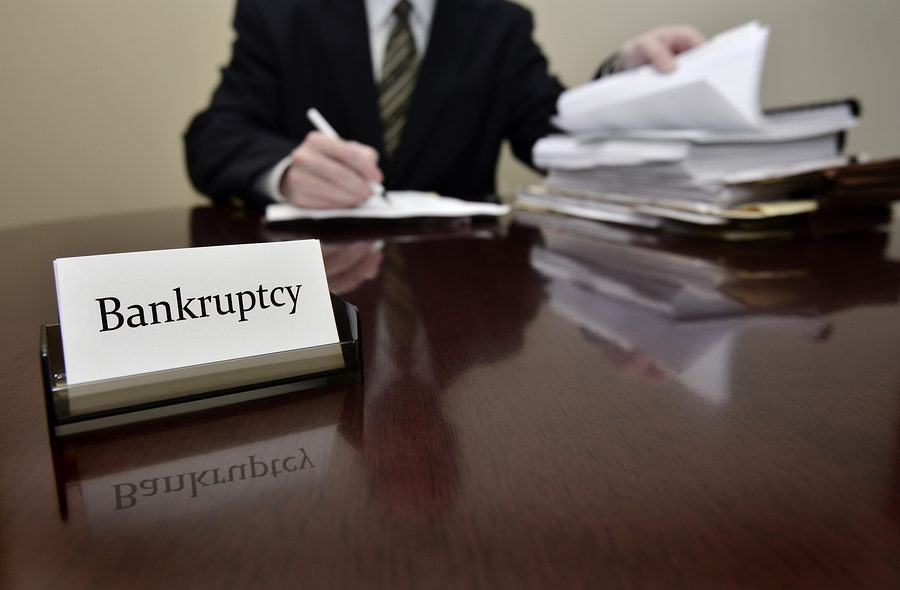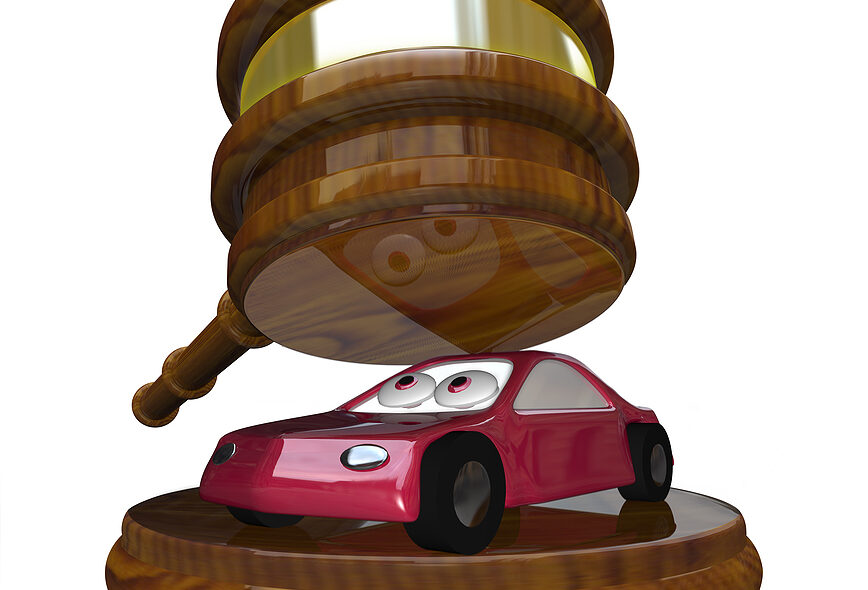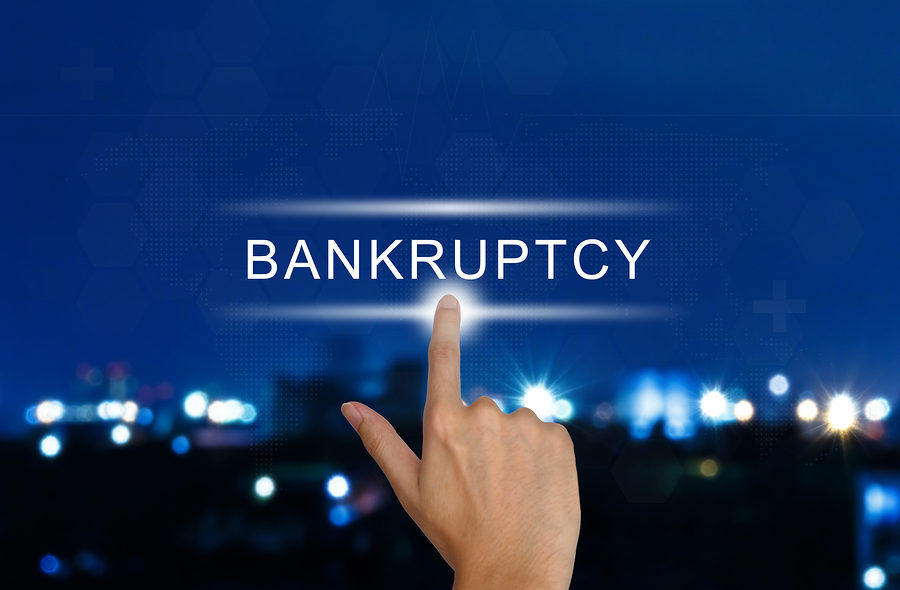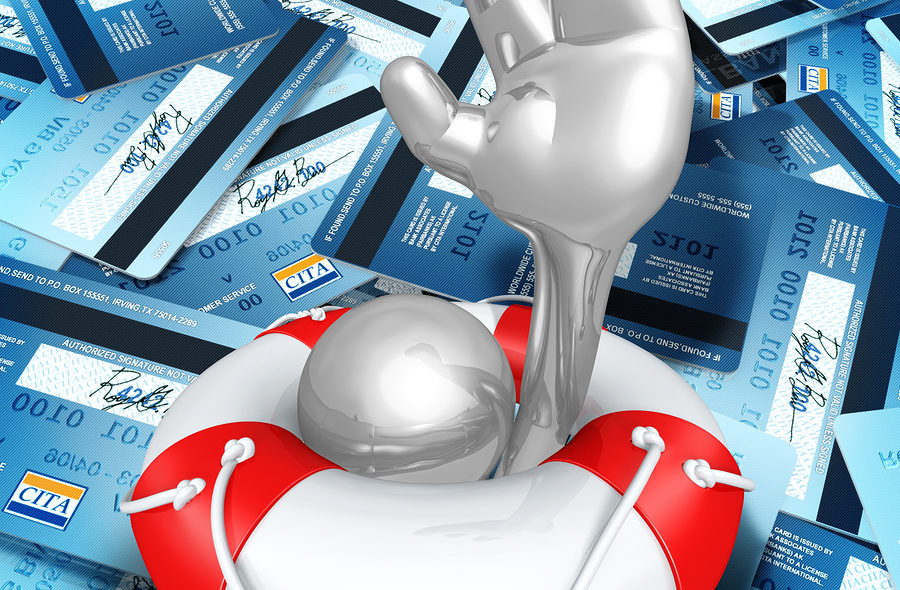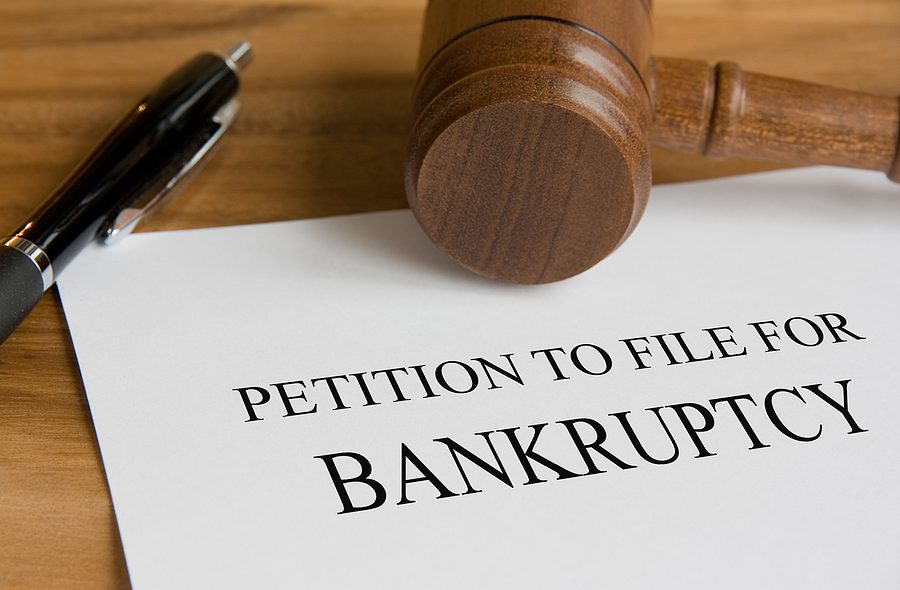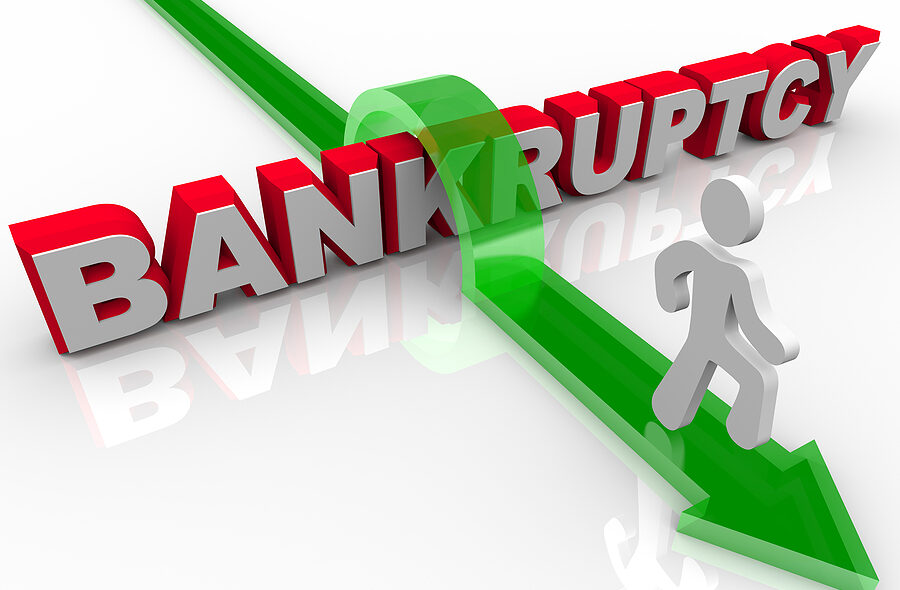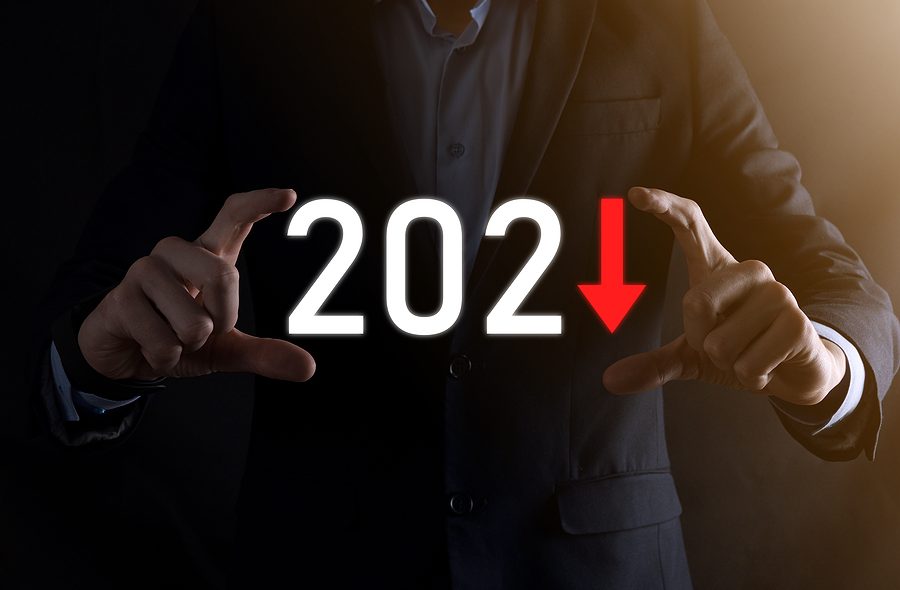The thought of filing for bankruptcy can conjure up all kinds of emotions. For many, all they know of bankruptcy is what they have heard from others or seen on television advertisements. However, the following information can be helpful in terms of understanding the ins and outs of consumer bankruptcy.
Types of Consumer Bankruptcy.
If a consumer is considering filing for bankruptcy, he or she has two options available. These options are based on the specific chapters within the U.S. Bankruptcy Code. The first option is called Chapter 7 bankruptcy, often referred to as a liquidation bankruptcy. A Chapter 7 case tends to take only several months to complete and involve the filer working with the bankruptcy trustee to sell nonexempt assets and pay off qualifying debts. At the end of the case, the remaining consumer debts held by the filer are discharged. However, to qualify for filing for Chapter 7 bankruptcy, the filer needs to be below a certain income threshold per the bankruptcy court’s means test.
The other option is Chapter 13 bankruptcy, which takes three-to-five years to complete and involves the filer working with the bankruptcy trustee to complete a structured repayment plan on the consumer’s debts. Chapter 13 cases, since they take longer, do cost more in terms of legal fees.

